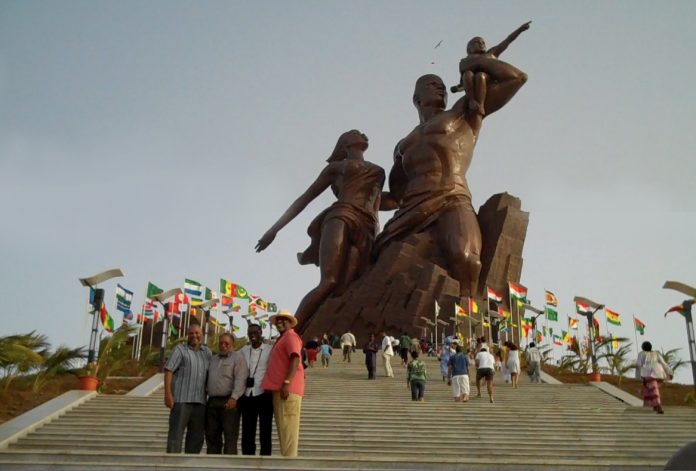As US President Barack Obama wraps up his trip to Senegal and gets ready for the second leg of his African tour with a visit to South Africa, followed by Tanzania, Africa’s tourism stakeholders in government and in the private sector, are viewing the trip as an important opportunity to market Destination Africa to American tourists and investors.
The timing of President Obama’s trip couldn’t be any better, especially with Africa’s becoming a more accessible tourism market for Americans.
Officials at the U.S. Department of Commerce’s Office of Travel & Tourism Industries say Europe is still the number one destination of choice for Americans, followed by the Caribbean, Asia-Pacific and Latin America. But the outlook for both business and leisure travel to Africa is bright. While the number of U.S. visitors to the African continent has been down in recent years, spending by U.S. travelers has increased every year, up 150 percent from 2003.
This is especially good news for Senegal, South Africa and Tanzania, countries that will not only host the president and his family, but also large delegations of American economic officials, business executives and journalists.
During President Obama’s three-country, weeklong tour, each delegate – or visitor – will play an important role in the growth of the specific destination. Tourism changes a visitor’s perception of a place that he or she may have only read about or watched on the news.
Tourism also leads to direct investment in the local economy. Every taxi ride, restaurant meal, hotel stay, street purchase, and museum visit has an immediate impact on the local community and people’s lives.
In the medium to long term, tourism creates opportunities for jobs, earnings, business investment, trade and entrepreneurship. It also can pave the way for environmental and cultural preservation, strengthened national identity and political understanding.
The Africa Travel Association has been taking large delegations from the United States to Africa for 38 years now. In fact, Senegal, South Africa and Tanzania all have longtime relationships with the association. Each one has hosted an ATA travel industry events, dating back to ATA’s eco- and cultural tourism symposium in the coastal town of Saly, Senegal, in 1992 and, most recently, ATA’s 36th world congress in Dakar, Senegal, in 2011.
Events like these – two in Senegal, two in South Africa and three in Tanzania – have a longstanding and lasting impact on U.S. and African relations.
When President Obama stops in Senegal, South Africa and Tanzania, trade, investment and business, alongside development, democratization and Africa’s youth population will be the topics on hand. Tourism intersects with each one of these issues.
President Obama understands this connection. Remember when he urged Congress and the country to back his tourism initiative to welcome more visitors to the United States in January 2012, or his most recent efforts to bring visitors back to the New Jersey Shore after Hurricane Sandy?
Maybe the right elements are beginning to fall into place. We have a U.S. president who understands the potential of tourism to create jobs; a delegation that is thinking about economic opportunity, trade and public-private partnerships; and stable countries that are targeting the American source market. What else could we hope for?
Edward Bergman is the executive director of the Africa Travel Association













